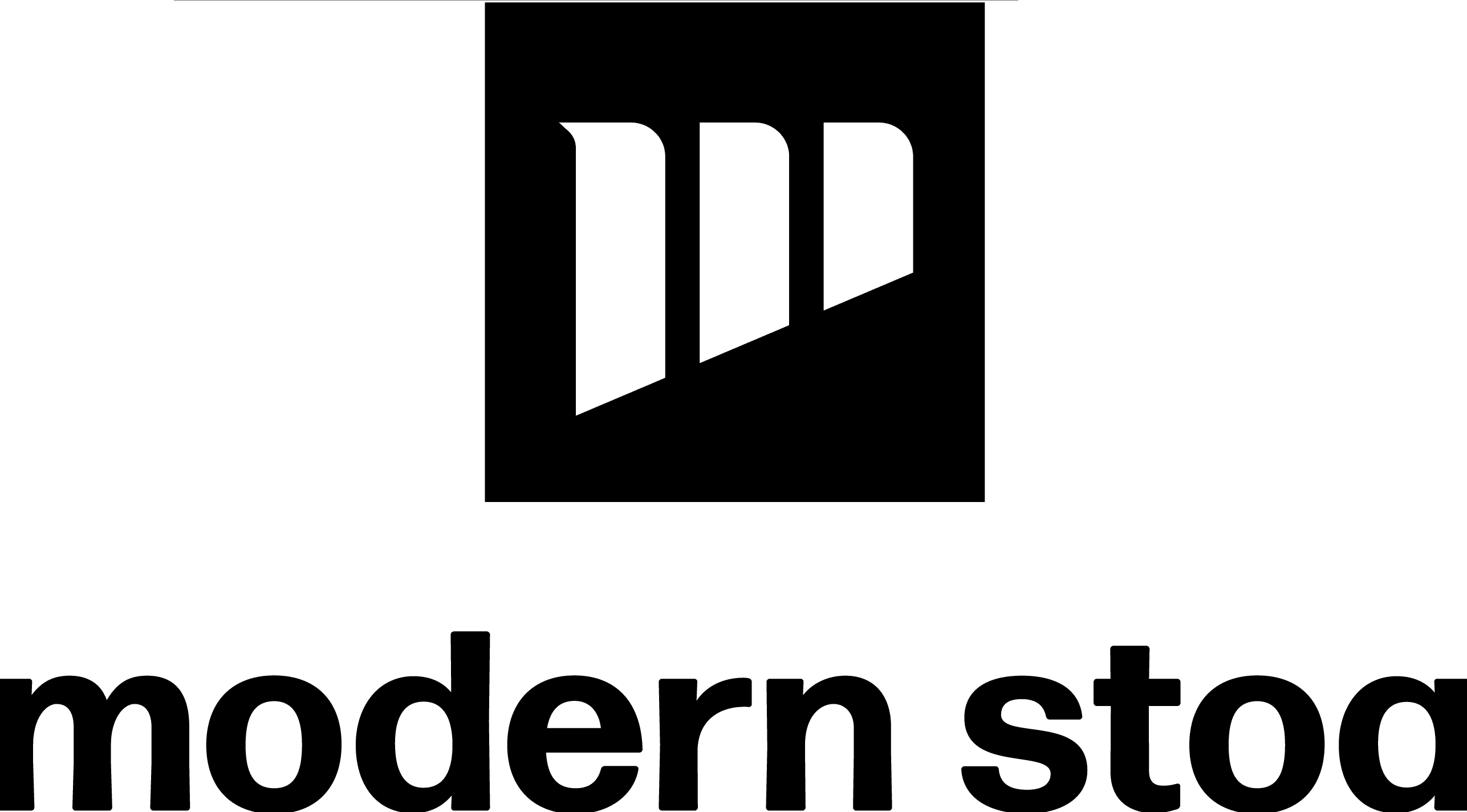
With so many podcasts competing for attention, choosing the right format is one of the most important steps in creating a show that stands out and keeps listeners coming back. The structure of your podcast sets the tone, guides the listener experience, and helps define your brand’s personality. Whether you’re an individual creator or a business looking to build a presence in the audio space, selecting the right format can determine how effectively you grow
Interview Podcasts
Interview podcasts are among the most common and versatile formats. These shows usually feature a host who brings in guests to discuss specific topics. The tone can be casual and conversational or structured and educational, depending on the brand. One of the major advantages of interviews is that guests bring new perspectives and stories, which can keep your content fresh. They also bring their own audiences, creating opportunities for organic growth and cross-promotion. This format is especially powerful for entrepreneurs, educators, coaches, or anyone aiming to build authority in their field.
Solo Podcasts
A solo podcast—or monologue-style show—is driven entirely by the host. This format is great for personal brands and thought leaders who have unique insights or stories to share. Without the need for guests, production becomes more streamlined, and the host has full control over the content, pacing, and delivery. Solo shows can foster a strong personal connection with the audience because listeners become familiar with the host’s voice, opinions, and personality.
Roundtable or Panel Discussions
Roundtable podcasts involve multiple voices, usually with a host moderating a discussion among guests or recurring panelists. These shows are often lively and unscripted, giving listeners a sense of sitting in on a real conversation. The energy of a group discussion can make for entertaining, thought-provoking content, especially when the topic lends itself to multiple opinions.
Storytelling / Narrative Podcasts
Storytelling formats are among the most powerful and emotionally resonant types of podcasts. These shows are typically scripted and built around a story arc, whether that’s a true-crime investigation, a personal memoir, a fictional drama, or a brand journey. The immersive nature of this format—often enhanced by music, sound effects, and voice acting—can create unforgettable experiences for listeners.
Hybrid Formats
Hybrid podcasts blend two or more of the above styles. For example, a creator might alternate between interviews and solo commentary or combine narrative elements with guest insights. This format gives creators the flexibility to experiment and adapt their show as their brand grows.
When choosing a podcast format, it’s important to consider your brand goals, audience preferences, and personal strengths. Think about what type of content you’re passionate about producing consistently. There’s no one-size-fits-all answer—but the best format for growing your audience is the one that aligns with your message, your strengths, and the kind of value you want to provide to listeners.
Looking to take your podcast to the next level? Book a session at Modern Stoa Podcast Studio go to modernstoa.co/studio.

